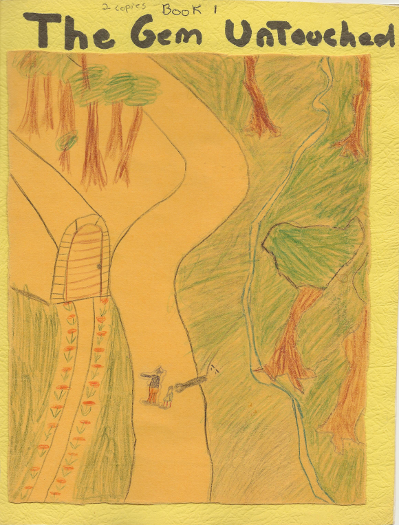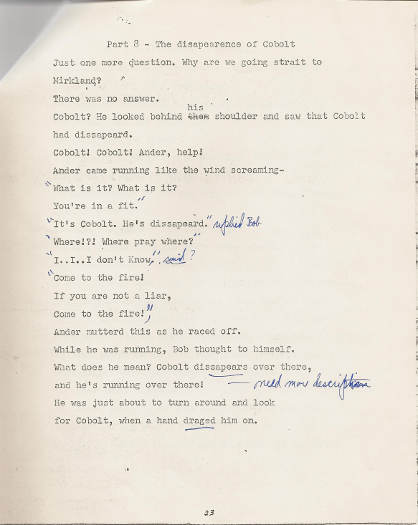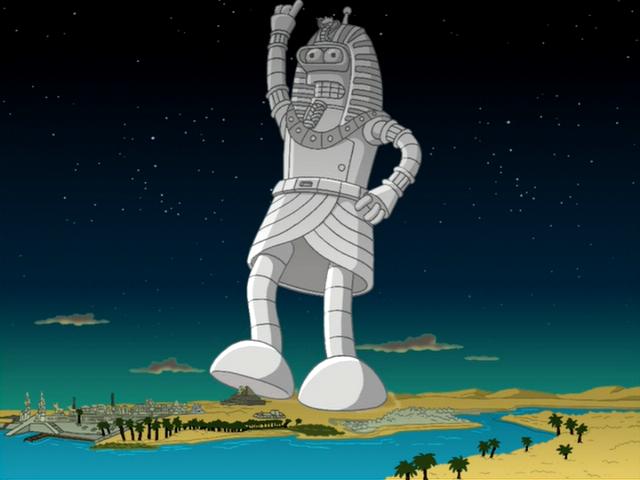Watching Technology Pass You By
Y’know, since 1986 I’ve submitted 1167 short stories. Believe it: One thousand, one hundred, sixty-seven short stories. I was just preparing five more to go out today and discovered that four of the five markets I’m submitting to require paper submissions. Which means I have to print out a copy of the story, print out a cover letter, get a manila envelope for the whole enchilada and a regular #10 with stamp for the SASE. The waste of paper and time is immense.
John Scalzi, god bless ‘im, has stated categorically on his site that he doesn’t mess with paper submissions any more, and in spirit I agree: This is frickin’ 2010. The excuses and explanations as to why a magazine doesn’t accept email subs are ludicrous, and fall into one basic category when you parse them closely enough: The editors of these magazines simply do not like email submissions. They may gas on and on about printing costs (unnecessary) how difficult it is to read on screen (2000 words? Really, Mr. Magoo?) and, unbelievably, how difficult it is to share an electronic sub with other editors. Yes, you read that right: An electronic file is more difficult to pass on to readers than a pile of paper.
So, as I’m getting paper cuts and searching for stamps, I’m grousing and thinking how I would have been done with my subs an hour ago if I could have simply typed up a cover email, attached a file, and clicked send. Grouse, grouse, grouse. Mmmmn, Famous Grouse is damn fine whiskey . . . But I’m still doing it, because I still dream of selling short stories. There’s a glamour to it as far as I’m concerned. Certainly no money, but whenever I sell a short story I feel like F. Scott Fitzgerald for a moment. Plus, I’ve got a lot of stories. I write them constantly, for my own satisfaction, and once they’re done some of them stay with me and I decide to try and do something with them. No use in leaving them in notebooks for the Alien Archaeologists of the future to discover and puzzle over.
I’m not exactly George Jetson with the technology, either. Not only do I not have a smartphone of any kind, I don’t even own a cell phone for personal use. A lot of new thingies leave me cold and I’m fairly slow to get on the various bandwagons that our glorious computer companies trot out every year – but let’s be serious. Email was invented seven hundred years ago. If you’re worried about attachments, let us paste plain text in. For god’s sake, it is the twenty-first century. We may not have transporters and replicators, but by god we have electronic mail.
Enough ranting. I’m still mailing the subs when I have to. I’m just amazed. A few years ago I managed 107 submissions in one year, and that was when I was still typing everything on a manual typewriter and making photocopies to send everywhere, believe it or not. The thought of doing that many paper subs today makes me feel sleepy and irritated, so every time I find a new story market that takes email subs, I rejoice. As should you.





